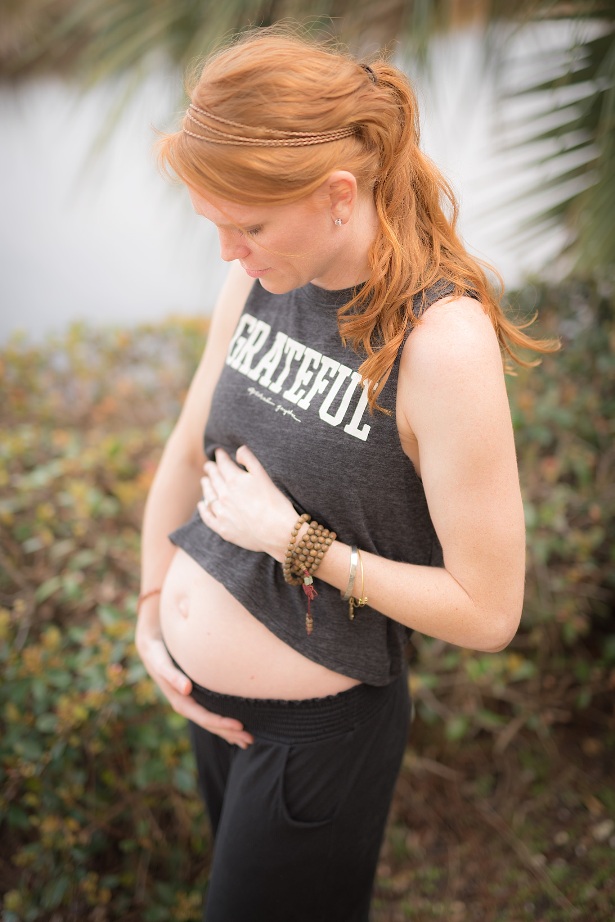
Approximately one in four pregnancies end in miscarriage, with some estimates are as high as one in three.
I was surprised to find out this statistic four months ago when I lost my baby Jude at 21 weeks. They call pregnancy loss at this stage a stillbirth because you go through everything a normal birth involves except you don’t get to take your baby home with you.
Pregnancy loss at any stage is a roller coaster of emotions. At first there is confusion in your body and your mind as both think you just had a baby.
After the initial stages of grief progress, longing for another baby is typical. First, there is anxiety about when your body will be healthy enough to begin trying to conceive again. I remember praying I would get my first period quickly after birth. A few months later I am praying I don’t get my period because I want to be pregnant.
This up and down each month got me thinking about infertility. I can’t imagine the emotional ride for families who haven’t even had the chance to get pregnant in the first place. And then there are the families who spent a few weeks or a few years with their babies and lost them.
But it happens more than we realize, as ten to 15 percent of couples in the United States are infertile.
An estimated 19 percent of the adult population has experienced the death of a child (this includes miscarriages through adult-aged children).
As a yoga studio owner in a small town, my experience was visible to the community and I chose to make it public on social media and to talk about it openly. Through the sharing of my experience I have gotten to know so many women for what they are: incredible, beautiful, strong and silently suffering.
I discovered women who endured loss like mine in my own community and even in my own family that I hadn’t been previously aware of.
I reconnected with friends from around the country who I went to school with and worked with, and even some that, after years of texting and Facebook scrolling, I never knew that we shared the bond of miscarriage, pregnancy loss, infant/child loss and infertility.
Being openly raw in the depths of my own vulnerability allowed me to connect with people on a much more human level. Maybe we don’t talk about painful things because we don’t think people will understand, we think it’s awkward or it’s too painful or maybe we feel shame. I have often wondered about whether talking about pregnancy loss more would be a good thing, or instead bring on more fear than openness?
I have since settled on the realization that the truth is always best.
If more people knew what a miracle it is to go through a successful pregnancy, maybe we wouldn’t take our kids for granted as much. Maybe we wouldn’t complain about our pregnancy trials and appreciate them as part of the miraculous process of creating life. Maybe we would want to feel every painful contraction during childbirth so we can feel our babies within us every second that we can.
This experience has helped me to be more open in everything from the stresses of daily life to sharing my darkest struggles. I don’t want people to feel pressured around me because they are living into an ideal of what they think they should be. I want everyone I meet to know I see them for who they really are, even if they are silently suffering.
Why? Because we are all silently suffering in some way, and if we weren’t we would be enlightened. We are all secretly hiding what we don’t want people to see about us in fear that we will be judged or end up alone.
Most of us are struggling to keep the puzzle pieces of our lives perfectly placed so they won’t reveal the picture underneath that we are human. Some of us are living in fear that the pain of our past will somehow manifest again.
There’s hope for those who have lost babies in that an estimated 80 percent of all miscarriages are single miscarriages. In other words, the vast majority of women suffering one miscarriage can expect to have a normal pregnancy next time.
If we can let go of the fear of pain and fighting to protect ourselves from feeling, only then are we able to see the big picture. Sometimes a lot of pain can show us just how intensely we can love.
My son gave his life to show me how to live mine more deeply, openly and honestly. He taught me that I have nothing to hide and because of that I can let people in. Now I live my life in a way that lets people know it’s okay that I am suffering, too.
~
References:
~
Relephant Read:
The Blessing & Curse of my Infertility.
~
Author: Jennifer Guthrie
Editor: Alli Sarazen
Photo: Courtesy of Apostrophe Photography






Read 3 comments and reply